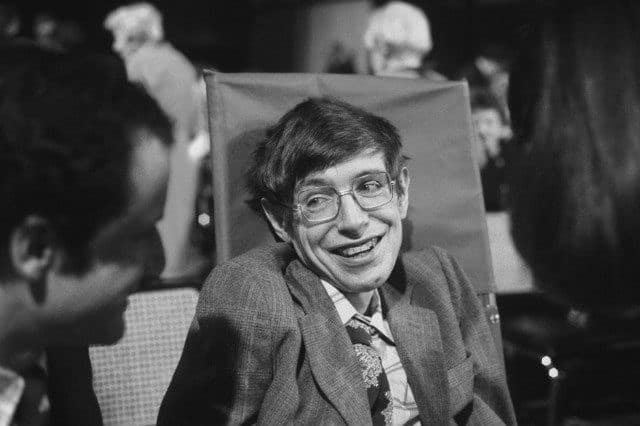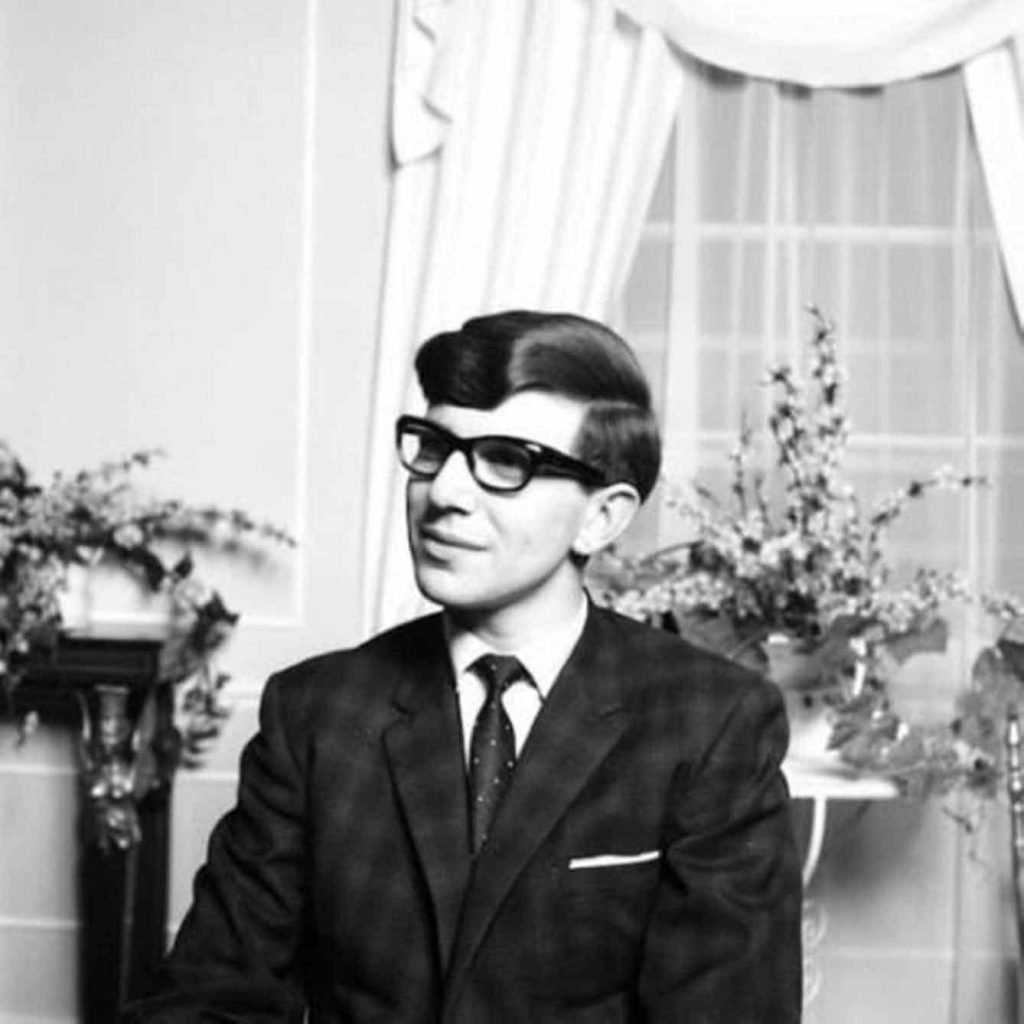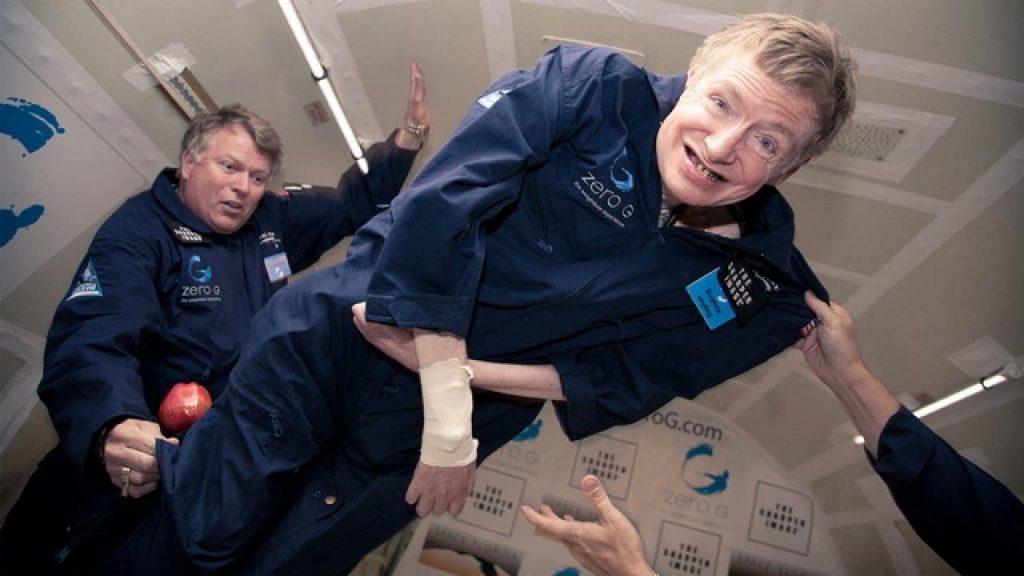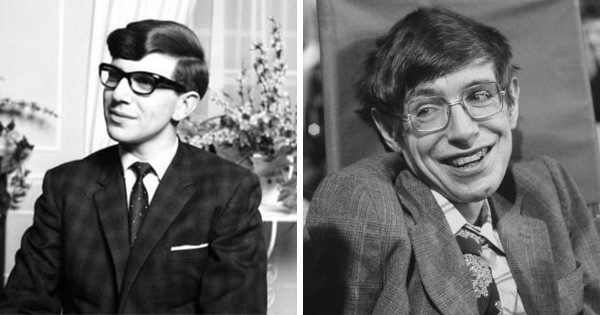Stephen Hawking was one of the greatest minds of our time, and his passing is truly a loss for all.

Born January 8, 1942 in Oxford, England, Stephen wanted to study mathematics in university. Once he started though, he studied Natural Sciences.
During his first year at Cambridge when he was just 21-years-old, he started having symptoms of ALS (amyotrophic lateral sclerosis). Many also refer to it as Lou Gehrig’s disease.
Doctors gave him two-and-a-half years to live. He passed away at the age of 76.

He bravely battled each day and dedicated his life to finding answers about the universe. Though he could not speak or move and was bound to a wheelchair, he found ways to inspire the world, encouraging all of us to find the wonder in the stars.
“Remember to look up at the stars and not down at your feet. Never give up work. Work gives you meaning and purpose and life is empty without it. If you are lucky enough to find love, remember it is there and don’t throw it away.”

During a lecture at the Royal Institute in London, Hawking compared black holes to depression. He made it clear that neither the black holes or depression are impossible to escape.
“The message of this lecture is that black holes ain’t as black as they are painted. They are not the eternal prisons they were once thought. Things can get out of a black hole both on the outside and possibly to another universe. So if you feel you are in a black hole, don’t give up; there’s a way out.”
When asked about his disabilities, suicide, and depression, he says: “The victim should have the right to end his life, if he wants. But I think it would be a great mistake. However bad life may seem, there is always something you can do, and succeed at.”
“While there’s life, there is hope.”

Stephen Hawking not only encourages scientific minds to flourish, he also inspires the rest of us to take notice that there is a connection between the stars and each one of us.

